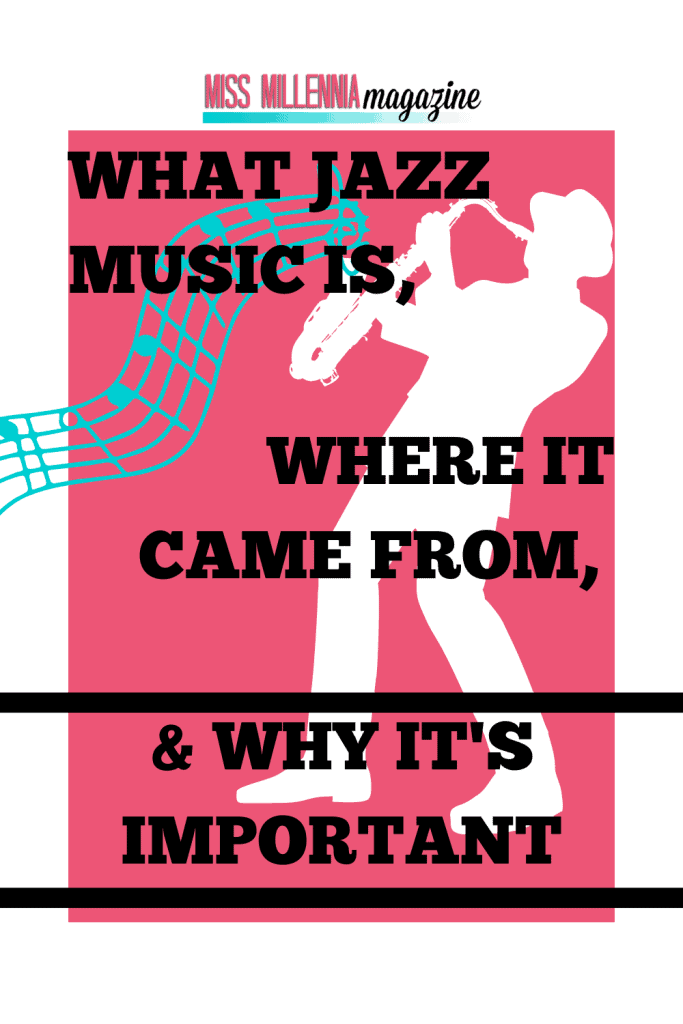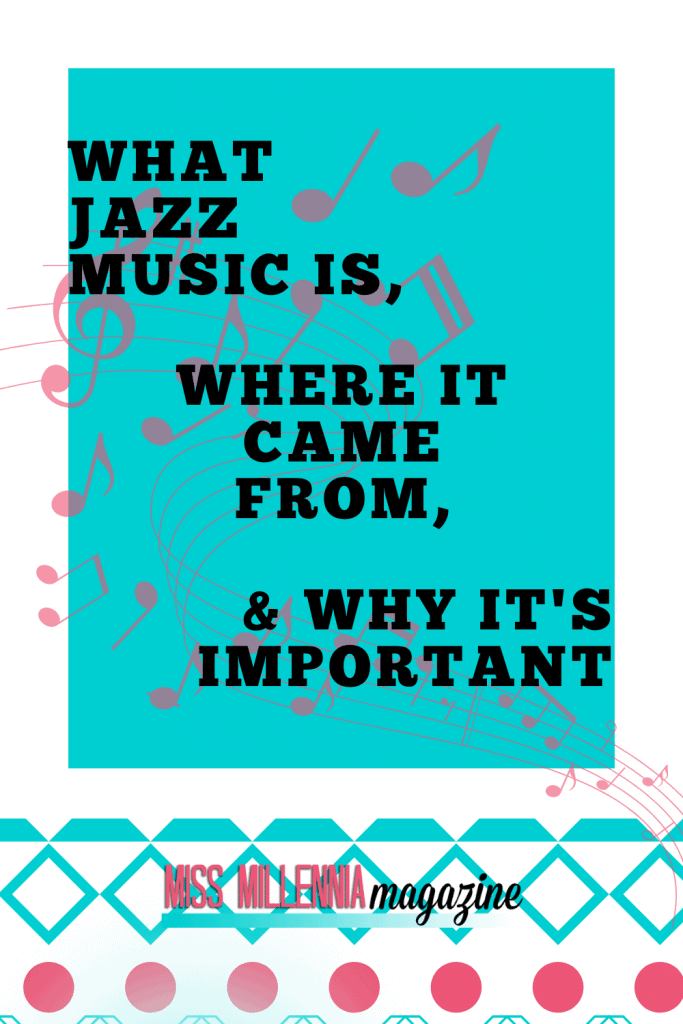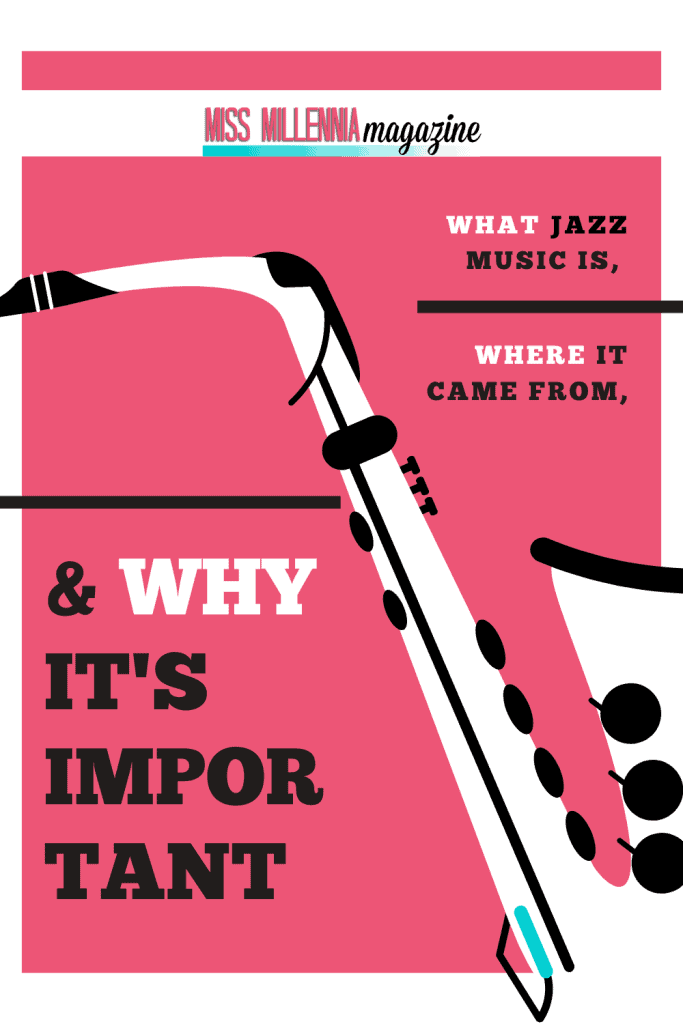What Jazz Music Is, Where It Came From, & Why It’s Important
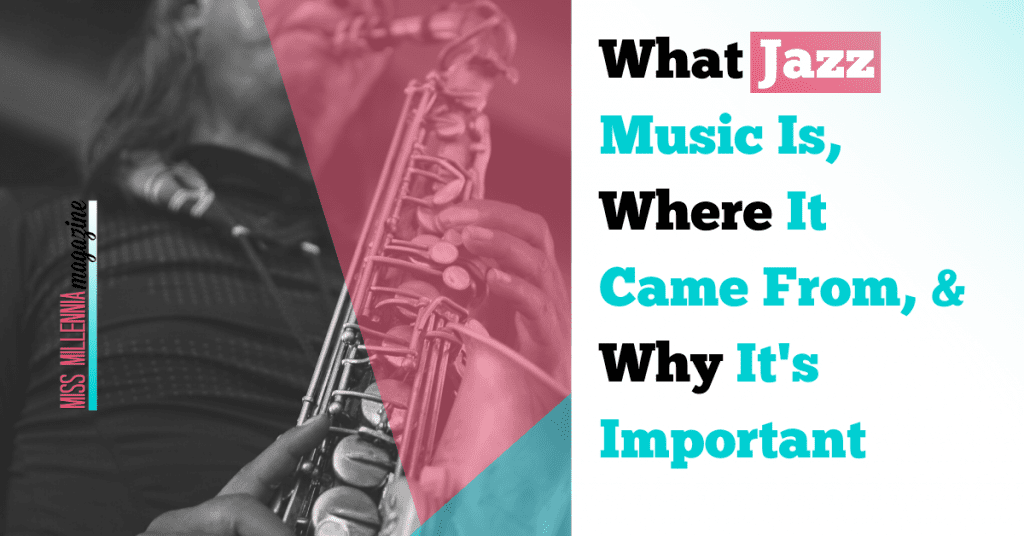
Jazz is an iconic genre of music that made many of your favorite songs possible today. Because of its incredibly unique nature, jazz has built the foundation for swing, rock n’ roll, and pop to succeed. A powerful characteristic of jazz was its ability to define “soul” and “feel” in modern music, the first genre of music to be able to do so.
Now, modern jazz is just as special and performed around the world at jazz clubs, festivals, and even as live wedding music. Its birth serves as a pivotal bookmark in both US history and in the music industry. Learn about its tragic roots and tenacious uprising in this article.
What is Jazz?
Jazz is a form of music known for its improvisational nature. It has a contradicting composition and arrangement. What makes jazz so unique is its ability to overlap between genres and still create a pleasant and interesting harmony.

There have been multiple attempts to succinctly define what jazz is, however, definitions vary for each type of jazz and each musician. Being so open to many forms of expression, jazz is one of the most versatile forms of music and has paved the way for other popular genres of music.
Where did Jazz Originate From?
Most jazz music historians claim the very beginnings of jazz originated as soon as slaves were brought to the United States. The very basis of jazz began as field holler and work songs sang amongst slaves working in the field. Jazz was born out of the pain and cruelty that was slavery, with its origins based on many spiritual African folk songs.
The roots of Jazz started to form in opposition to the strictly structured classical European music that was popular at the time. This music involved a very routine dance form with generous space between dance partners.
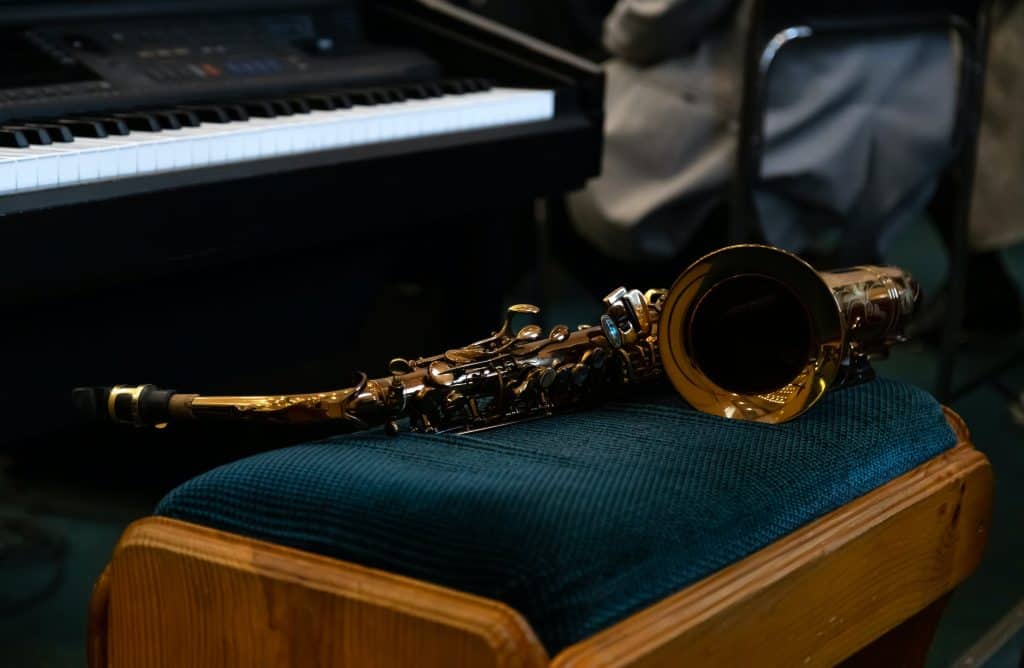
As African Americans gained the freedom to attend dance halls, clubs, and speakeasies, their music began to defy what society defined as acceptable music. This is why jazz is as improvisational as it is today. Birthed from blues and ragtime, whose dance forms brought dance partners very close together with physical vigor, jazz eventually inspired swing and other popular genres.
New Orleans is the birthplace of jazz. Mostly due to it having been a port city. Eventually, the close proximity to the coast allowed for the gathering of many different types of ethnic groups. Besides that, New Orleans’ rich nightlife created a prevalent environment for music and dance.
Who Invented Jazz?
Jazz was born from the African American experience. It eventually formed from ragtime and blues. Buddy Bolden is, to many, the pioneer of jazz. He was the bandleader of one of the very first jazz ensembles back in the late 1890s. Despite having a very short-lived career, troubled by mental health issues and alcoholism, Bolden was unknowingly a large component of the uprising of jazz.
When Did Jazz Become Popular?
It took many years for jazz to develop into what it is today. Having been fully awakened during the roaring 1920s. Because of how monumental its uprising was, this entire era is defined as the Jazz Age. Prohibition and illegal speakeasies made jazz highly sought after, as jazz bands began to perform at these speakeasies and actually earn an income for themselves.
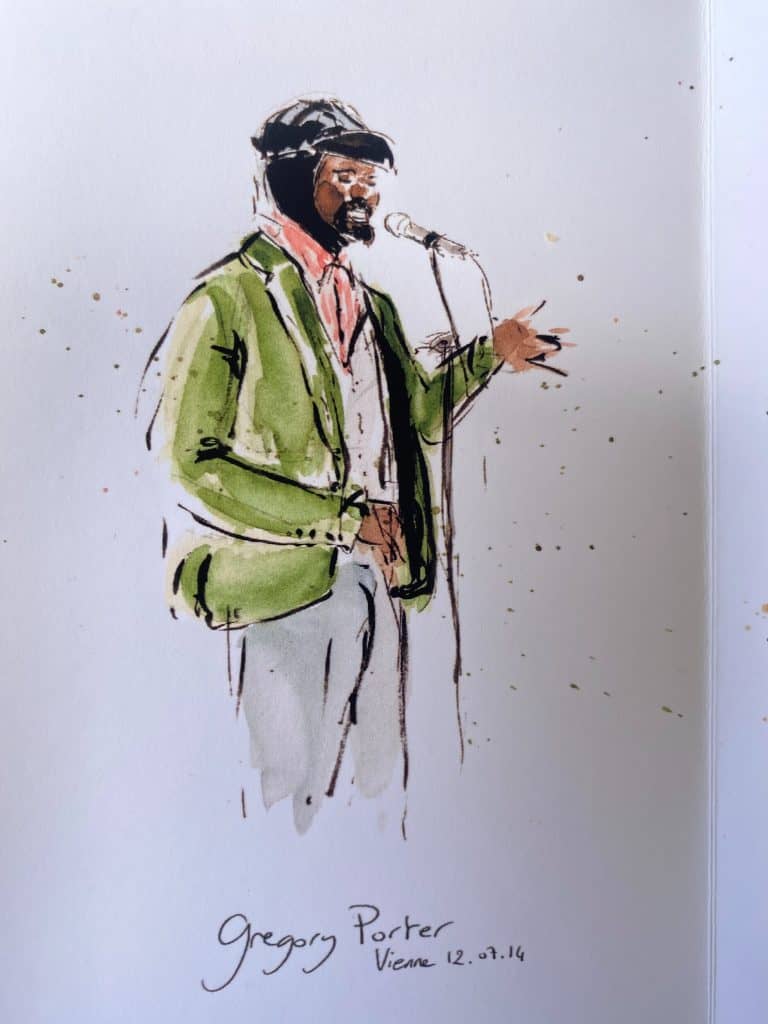
The Instruments
Jazz’s unique nature allows musicians to incorporate any instrument. Granted, they broadly harmonize their tune to the sound of the band. However, there are a few distinct instruments that you can expect to hear in every modern jazz band.
- Drums: Despite how improvisational jazz is, drums will always be the “anchor” to the rhythm.
- Bass: Because jazz emits a strong vibrational rhythm, the bass is a very important instrument. It ties up the harmony and provides a strong foundation for other instruments to then build upon.
- Keyboard: The piano is a classic instrument in jazz. As the digital keyword grew in popularity, it very quickly became a staple in jazz music.
- Guitar: It does not immediately get associated with jazz. But it has become an interesting and unique instrument to incorporate into jazz music.
- Trumpet: Brass-wind instruments are most commonly associated with jazz music. It is typically played during long, intricate solos, as well as sections.
- Saxophone: This instrument is commonly leading the jazz music ensemble. Because of their functionality and range of tune, saxophones have become one of the most popular jazz instruments.
- Trombone: Another popular jazz brass instrument is the trombone which delivers the strong, bellowing blows that jazz is iconic for.
Who are Some of The Most Popular Jazz Musicians?
There are some truly legendary figures in jazz history, each adding their own mark to the definition of jazz. These musicians began the musical revolution that is jazz.
- Miles Davis – led a 50-year musical career due to this success.
- Duke Ellington – with the most recorded songs, Duke Ellington, was an inspiration to artists like Thelonious Monk.
- Louis Armstrong – the jazz celebrity that everyone knows was a huge catalyst in breaking down racial barriers.
- Ella Fitzgerald – a powerful female lead. she pioneered what is known as vocal scatting.
Conclusion
Jazz is one of the most unquestionably unique genres of music. It changed the way we look at music and artistic expression as a whole. It has defined words like “soul” and made that definition something we can feel in the sound of music. A revolutionary and pivotal genre of music, jazz has left a profound mark on U.S. history. While it also dismantled many racial barriers.
